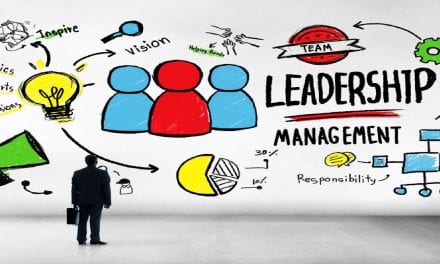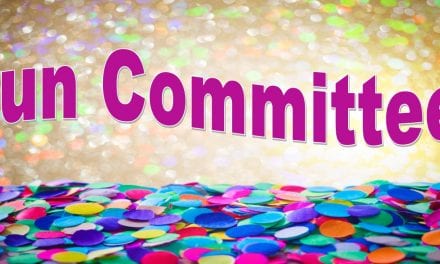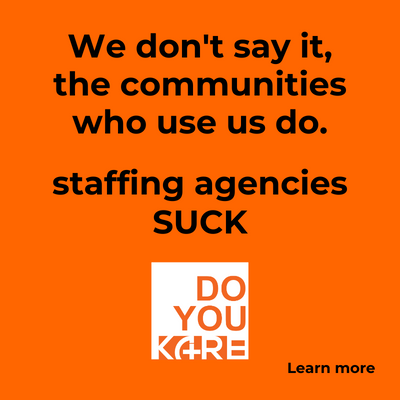You’re going to think this is simply simpleton thinking . . .
By Steve Moran
I am sure you’re going to think this is simply simpleton thinking . . .
It was my first reaction too . . .
Except that . . . maybe it is right!
Your Most Important Job
I was recently listening to an episode of Donald Miller’s Story Brand Podcast where he was interviewing a guy by the name of Ron Clark, who was Disney’s Teacher of the Year in 2000, and who teaches teachers how to teach and educators how to run better schools.
In the podcast, he says that his most important job is to . . .
BE IN A GOOD MOOD EVERY DAY!
He goes on to describe how if he is in a bad mood when he drives into the parking lot he has to have a talk with himself and go to his good mood place before he steps into the workplace.
My First Thought
My first thought was that no one can be in a good mood every day, but the more I thought about it, the more I like this thinking. When we wake up in the morning, we pretty much have the mood we have. When something bad happens to us or something unsettling happens, we have very little control over, at least, our immediate emotions. But in reality, we have the ability to choose what kind of mood we are going to be in.
I am not always a big fan of “fake it til you make it” but sometimes, it makes things better.
So Important . . .
As a leader, your mood impacts everyone around you. It impacts everyone in the building and it impacts everyone you interact with. Ultimately it impacts everyone in the company. It is pretty sobering when you are the CEO of a big senior living company. But it trickles down.
The worst scenario is when one never knows what your mood will be. Each day people tread softly around you not knowing how you are going to react to truth or bad news. The end result is that if you are in a good mood every day people will trust you and like you and want to follow you. If you are in a bad mood all or most of the time, or from day to day or week to week, you could be good, bad, or somewhere in between, you will be an unsafe leader.
When you are unsafe people will operate from a place of fear, they will not be loyal and they will not give you their best. They will, in turn, be the exact same way to their co-workers. It will hurt your business.
Now . . . go be in a good mood.








